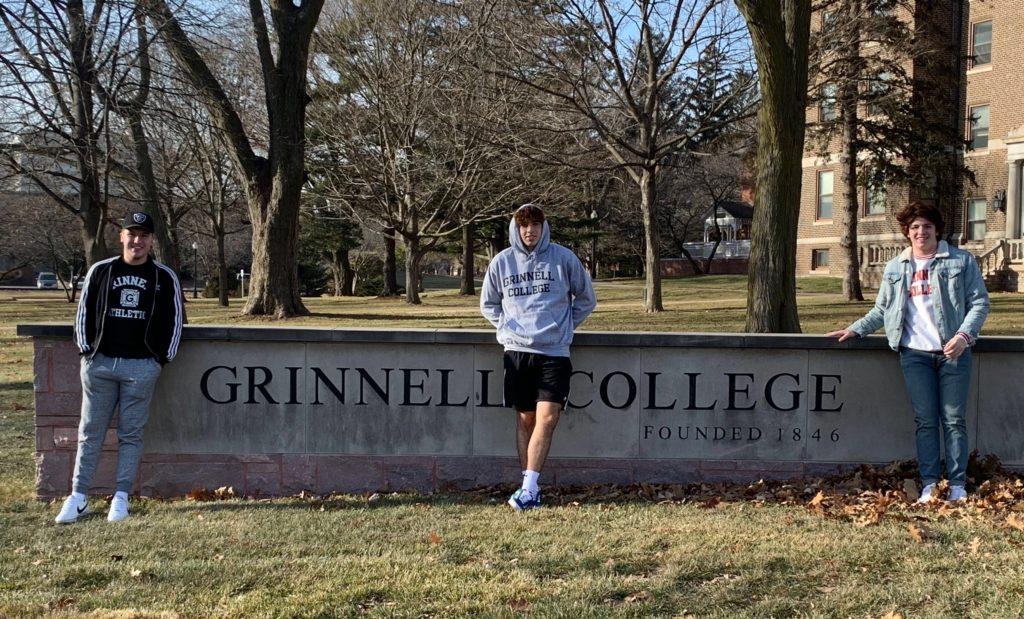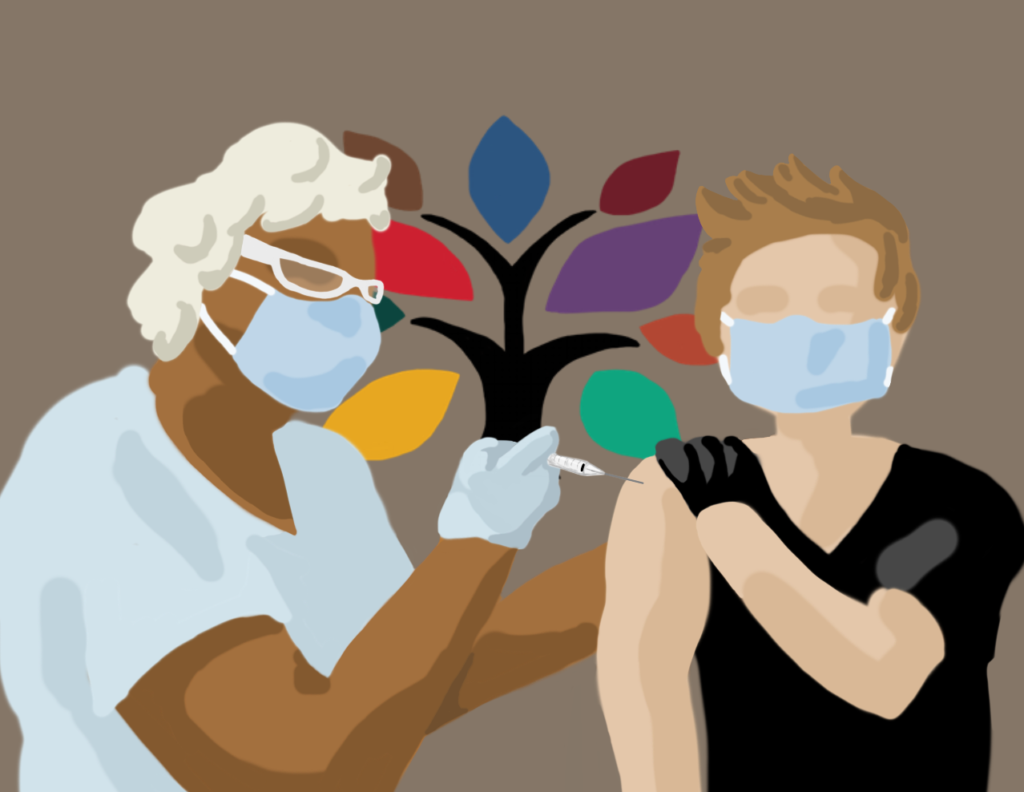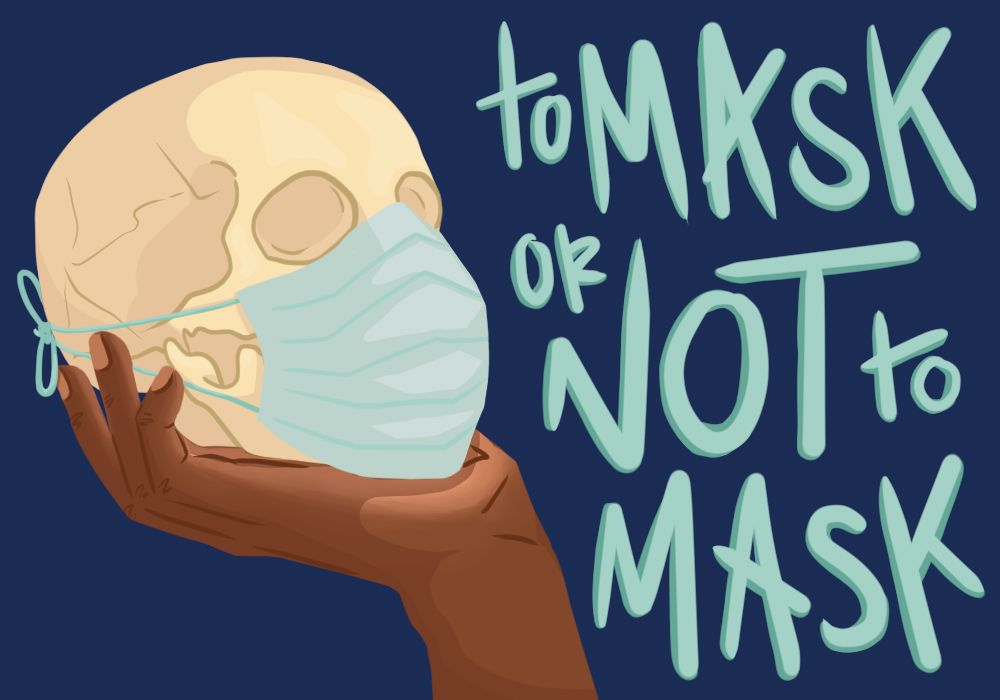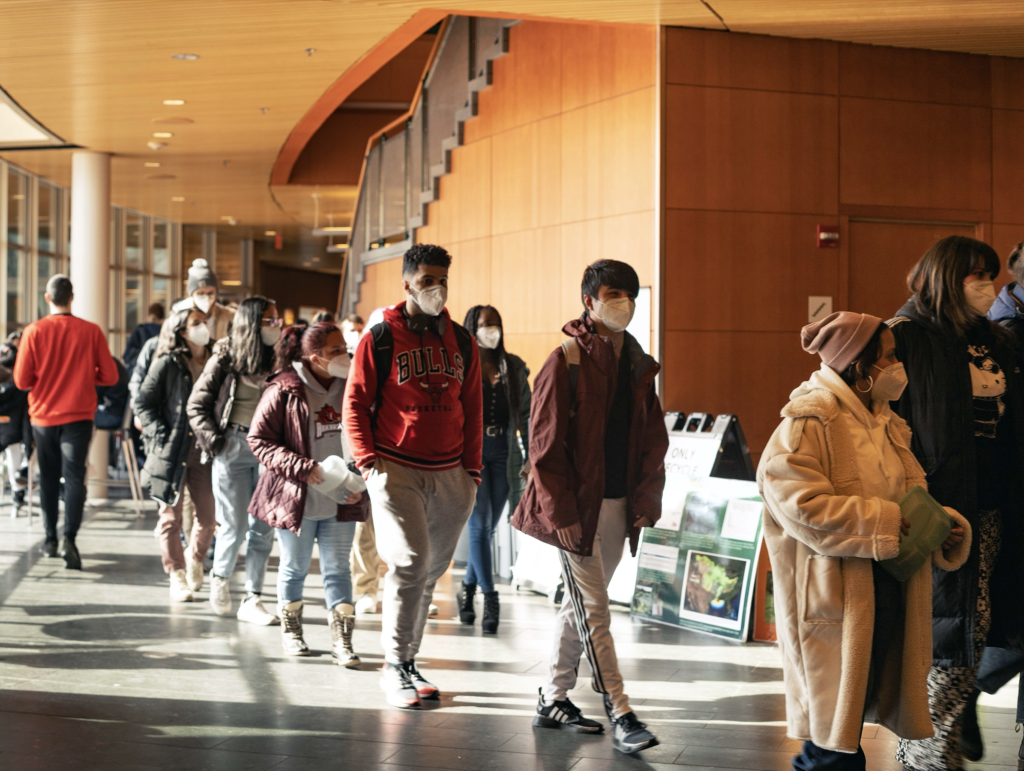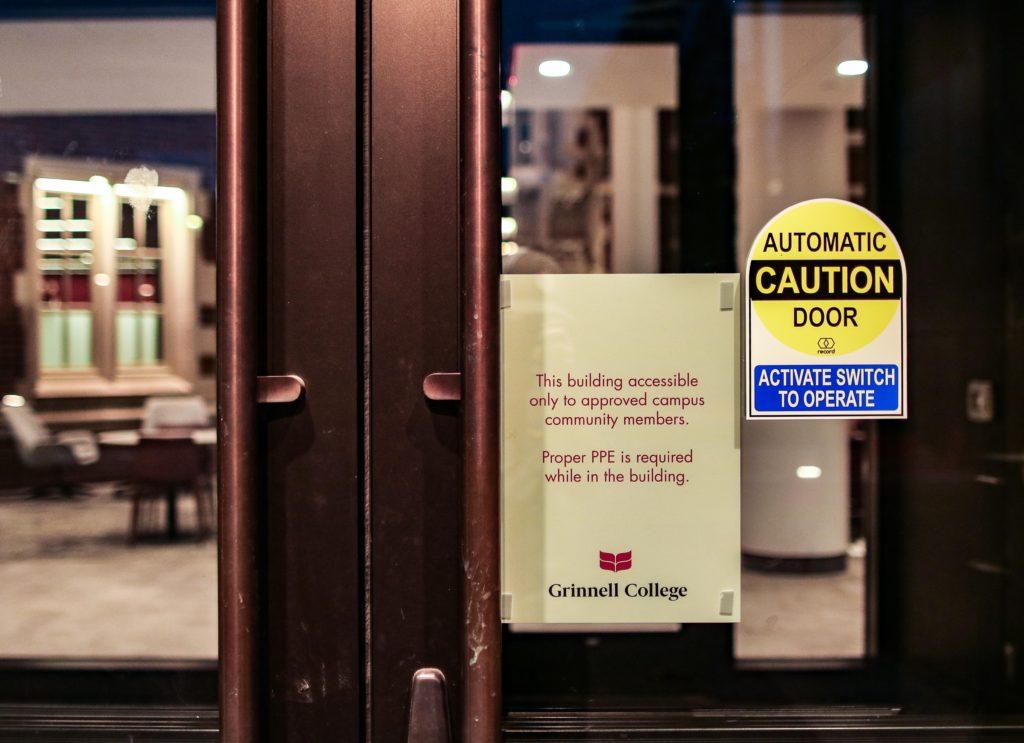Before COVID-19 swept the world and forced Grinnell to close its campus and send most of its students home, Rick Johnson ’21 decided to take a semester off.
The fourth-year from Davenport, Iowa, who plays as an outside linebacker for the Grinnell College football team, was looking forward to having a chance to play football with his two younger brothers, Anthony, a rising third-year, and Timothy, an incoming first-year. To accomplish this task, he gave up his timely graduation and postponed his final semester. “The whole plan was for us three to come and play football for the first time together,” said Johnson.
Now, with COVID-19 threatening any chance of a fall sports season, Johnson’s plan is in ruins. “It kind of hurts, being in my specific situation,” he said.
Johnson isn’t alone, and the Grinnell College football team is planning to make their case as to how – and why – they should be able to play this fall.
Talks of a plan to choose isolation in exchange for a fall sport season have been happening “for a couple weeks now,” according to Johnson.
“It is a proposal to have us, as football players, sequestered away from the rest of campus, it isn’t approved yet, but at this point it seems like the best chance of having a season” said Nat Jordan ’21, a tight end on the team.
The week of June 8, the Grinnell football team initiated a meeting with assistant athletic director Holly Roepke to talk about the state of their proposal. “She gave us insight on what sports the athletic department is trying to advocate for in terms of having seasons; football is one of those sports,” said Jordan. This year’s football season is especially important, as last year the team had to withdraw from their season due to injuries. The team’s decision to withdraw resulted in the replacement of former-head football coach Jeff Pedersen with Brent Barnes, who faces the prospect of leading a team unable to complete a season for two consecutive years.
“I don’t think there is any doubt that everybody would be willing to do some form of online if they could play their sport,” said Barnes, when asked about the current mindset of the team.
However, the reality of carrying out this plan has set in for some of the players. “I think we would be willing to all take online classes, but with the freedoms they will not be allowing, it wouldn’t be worth it at the end of the day. Even if we were getting to play football, it seems like with all the restrictions placed on us, it wouldn’t be an enjoyable experience,” said Johnson.
Grinnell College has held back on making any official announcement on the state of fall sports, only making a short statement in an all-campus memo: “Although we are unable to make specific plans at this time, our athletics faculty and staff are actively considering what it means to be an athlete in the midst of a pandemic as well as how our athletics program might function within our reconstructed academic calendar.”
The football team will be watching closely as the administration finalizes plans, according to Barnes. “Talking to our administration, I don’t think they really grasp that players are not willing to come back to school without the season. I know my guys are thinking, ‘Do I even want to be at Grinnell if there is no season?’ … I don’t think the administration dislikes athletics, as much as they have no idea what place it holds in the school. It is less-so an air of ‘we don’t like you’ and more of an ‘I don’t know’, which is even worse,” he said.
“A general team consensus has been that we will make concessions in order to get a season,” said Johnson.
“Even if we don’t get to play the full eight-game season, or be on campus or take classes in person, having the ability to play football safely would be a large relief,” said Jordan. Jordan said he believes that the team will do whatever it takes to obtain a season. “Everyone has their own unique situations … but I do think everyone really wants to play, and I think we are all willing to make sacrifices to make that happen,” he said.



















































